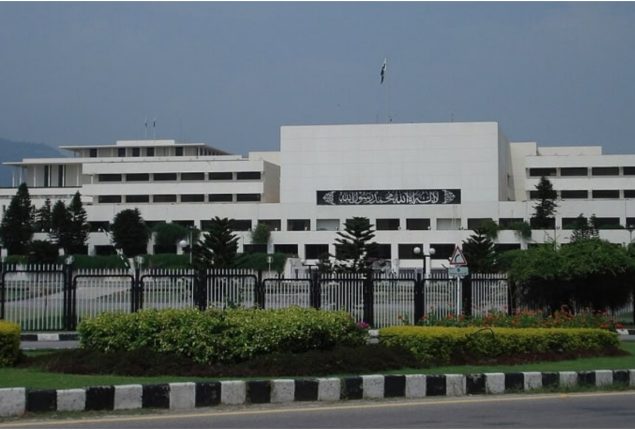

Senate panel questions Jazz and NUST’s AI collaboration, Examines AI law
The Senate’s IT and Telecom Committee, headed by Senator Palwasha Khan, recently met to talk about Pakistan’s progress in artificial intelligence. The main focus was on the newly approved AI Regulation Bill 2024, which aims to promote safe and responsible use of AI in the country.
During the meeting, the Secretary of IT said AI is changing the world fast, and Pakistan needs to create proper rules and ethics to stay on track with global trends.
Senator Afnan Ullah supported the bill but also shared concerns about AI affecting jobs. “We need to think about how this will impact society,” he said. He also stressed that AI systems must be accurate in their decisions.
Senator Kamran Murtaza wasn’t fully convinced about AI tools. “I’ve tried using AI and saw a lot of mistakes,” he said. “We must double-check AI-generated content before relying on it.”
Senator Humayun Mohmand agreed that Pakistan should use AI but warned that proper checks and balances are necessary. “Growth is important, but so is accountability,” he added.
Concerns Over Jazz–NUST AI Project:
The committee also examined a project between Jazz and NUST to develop Pakistan’s first AI model for local languages. Several senators raised questions about the selection process.
“Why weren’t other telecom companies given a chance?” asked the committee chair. Senator Mohmand also questioned why NUST is always picked for such collaborations, saying that many other universities could have contributed.
The IT Secretary responded that the project is not funded by the government. Jazz and NUST signed an MoU and are investing their resources. Jazz representatives added that local language data is limited in Pakistan, and this project could help protect endangered regional languages.
Still, senators felt the process should’ve been more transparent. “If this project had been advertised publicly, others could have joined too,” Senator Mohmand said.
New Tech Wing and Training Program:
The Secretary also announced a new Emerging Technology Wing focused on AI, chip design, and other cutting-edge technologies. He shared that Rs. 16 billion has been set aside in this year’s development budget to train over 7,000 university students in practical skills, moving away from only theory-based education.
The meeting ended with a clear message: Pakistan needs to move forward in technology, but it must do so fairly and transparently. National projects, especially those involving AI, should welcome all contributors and build public trust.










